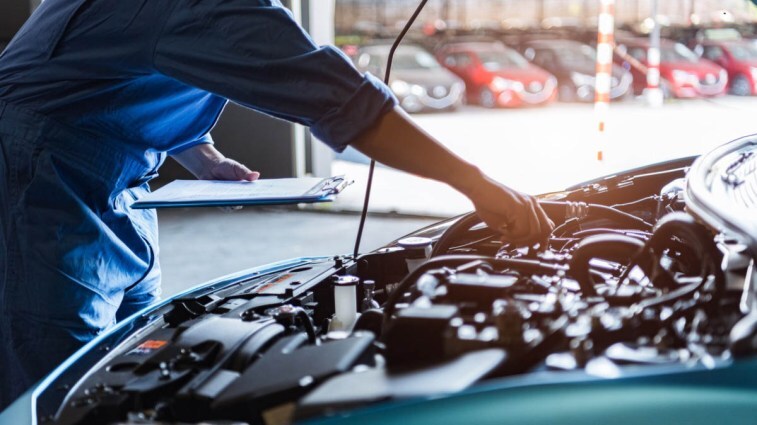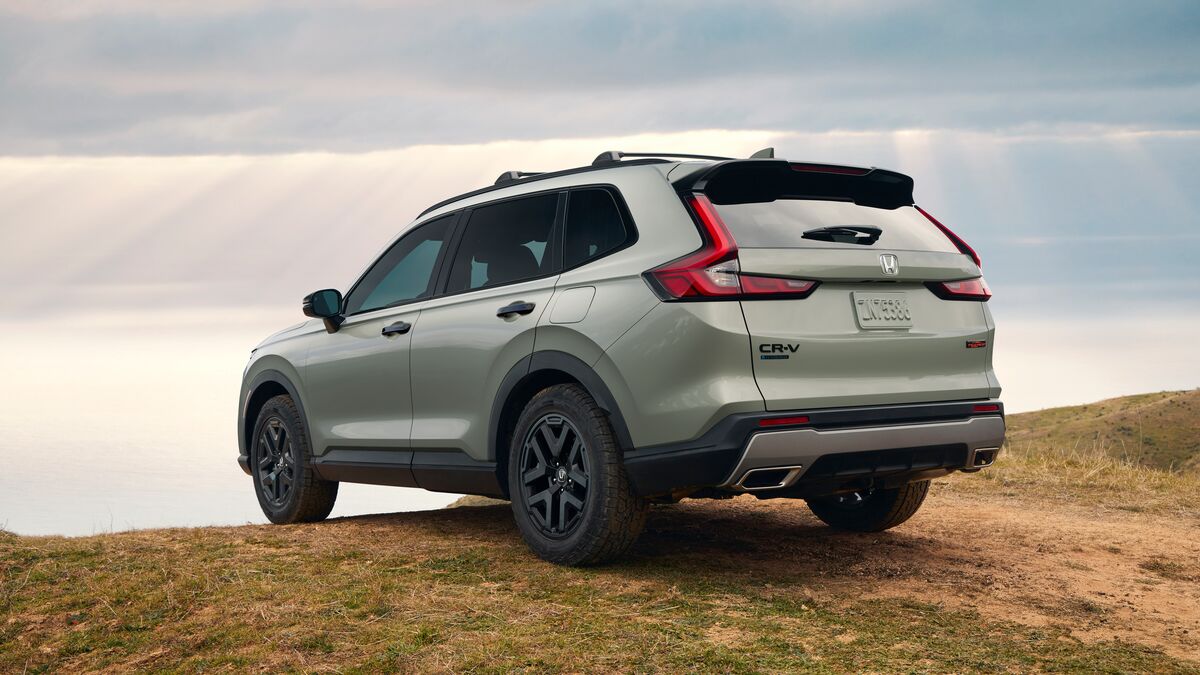
Your Car Records Much of Your Driving
At the heart of the disagreement sits a law passed by referendum in 2020 in Massachusetts. It required automakers to make telematics data available to third-party repair shops.
Telematics is the auto industry’s term for the records your car keeps about itself. It can include performance data and possible mechanical problems.
Related: What Is Telematics?
Some cars store telematics data onboard. In our increasingly connected age, others broadcast the data back to the automakers’ servers through always-on mobile internet connections. Some automakers can even send over-the-air software updates to correct problems remotely.
That data is vital to repair shops, who can use it to diagnose what’s wrong with your car.
But the federal government’s primary car safety agency, the National Highway Traffic Safety Administration (NHTSA), objected to the law in June.
At the time, the agency told automakers not to comply. In a letter to automakers, the agency argued, “A malicious actor here or abroad could utilize such open access to remotely command vehicles to operate dangerously, including attacking multiple vehicles concurrently. Vehicle crashes, injuries, or deaths are foreseeable outcomes of such a situation.”
The move risked limiting some owners to the dealer’s repair service only since independent shops might be unable to diagnose every problem. That could drive already-soaring repair costs higher.
What Has Changed
Reuters reports that NHTSA has “clarified that automakers could comply with the law using a ‘short-range wireless compliance approach, implemented appropriately.’ Longer-range wireless technologies would pose risks, the agency said.”
NHTSA asked that automakers be allowed “a reasonable period of time” to comply.
Car Hacking Is Still Mostly Theoretical
While the debate is essential, we should note car hacking remains mostly a topic of discussion at hacker conferences and not a real-life safety risk.
Almost no cars for sale in 2023 can be driven remotely.
Hackers have conducted controlled experiments attempting to gain control of cars. They’ve managed feats like unlocking doors remotely and deactivating anti-lock braking systems (which left the brakes function, if less effective on ice). In a 2015 experiment, hackers managed to stall a moving car, but the driver could still coast to safety.
Related: Cars of the Future Will Likely Be More Vulnerable to Hacking
The concern will likely grow as automakers continue to pursue self-driving technology and make cars ever more connected. Not long ago, Ford filed a patent application for a self-repossessing vehicle that could drive itself back to the dealership if you miss a payment. But the odds are good the car you own today can’t be taken over remotely.
Instead, NHTSA’s move should create more competition to reduce repair costs.







